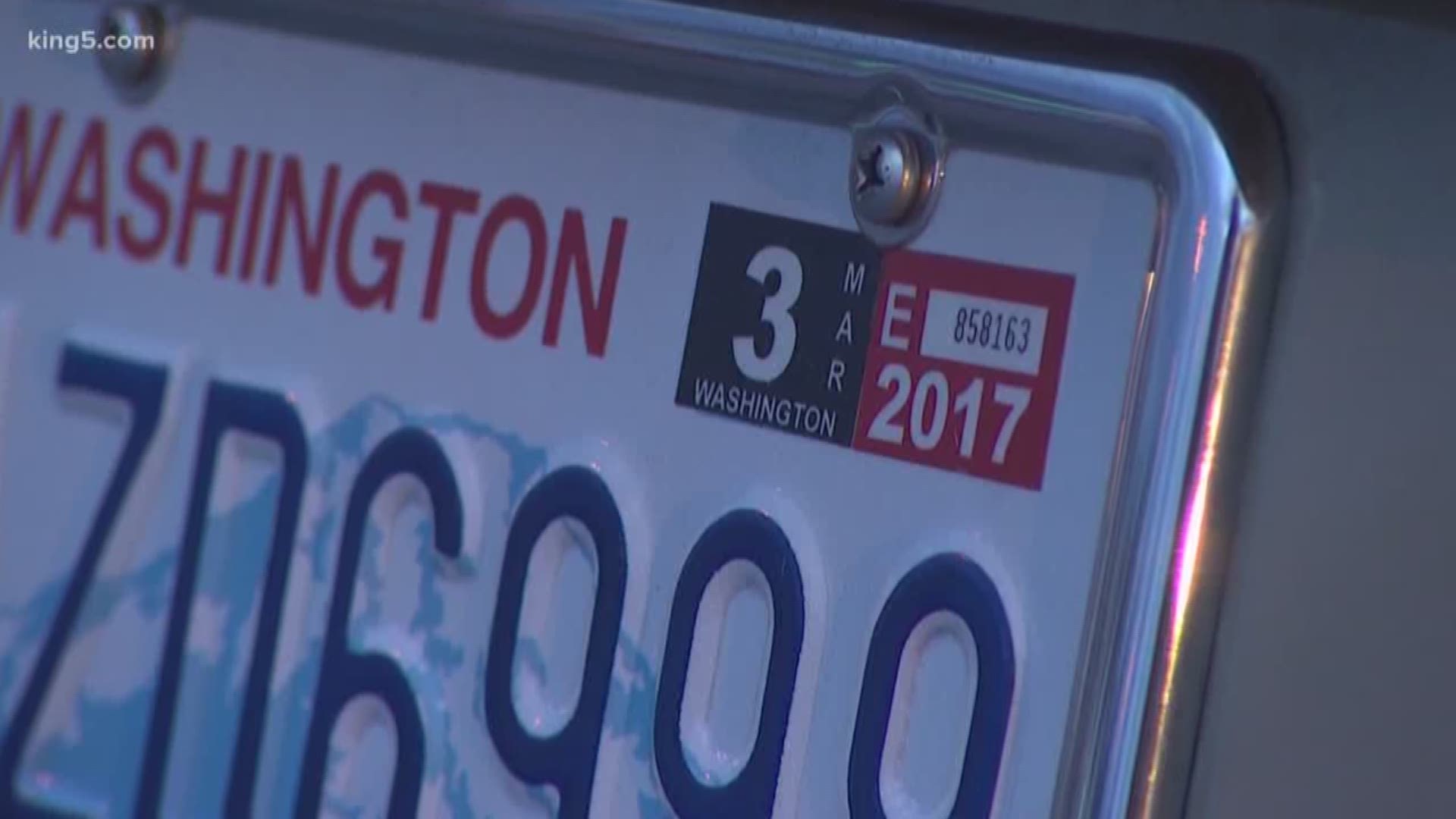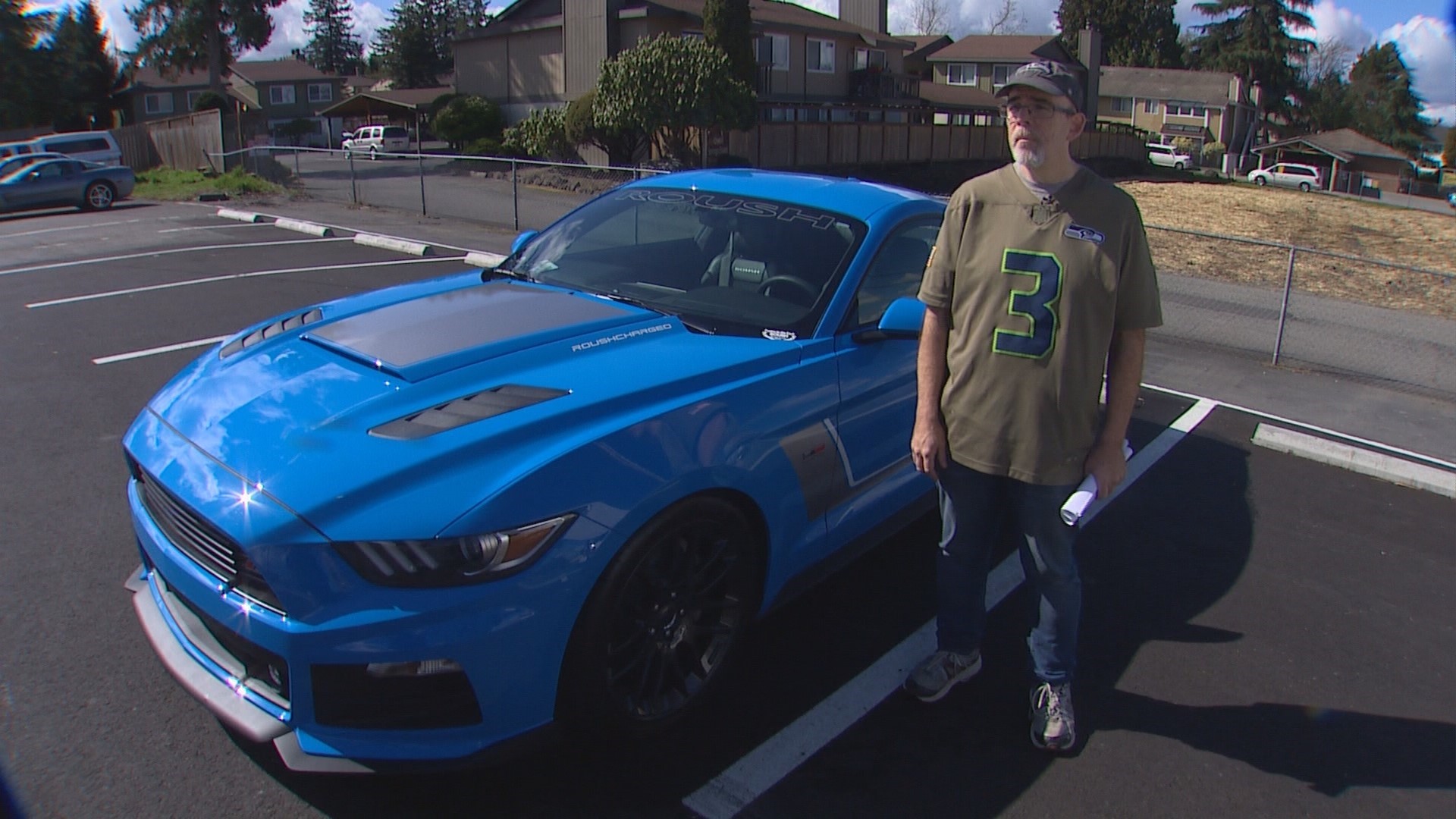SEATTLE — The plaintiffs in a class-action lawsuit over car-tab fees have offered a settlement with Sound Transit that would refund taxpayers $125 million.
The settlement, if accepted by the transit agency, would lower car-tab fees for people in King, Pierce, and Snohomish counties.
The issue hinges on a 2015 law that allowed the regional transit authority to collect taxes in compliance with the law “as it existed on January 1, 1996.” However, the state legislature did away with the 1996 valuation schedule in 2000 and replaced it with a new schedule in 2006. Plaintiffs argue that should make the 2015 law obsolete.
A Pierce County Superior Court judge dismissed the lawsuit last year, ruling that the 2015 law was constitutional. The issue was brought up with the state's Supreme Court.
If Sound Transit doesn't agree to the settlement, the attorney representing the seven people who originally filed the suit wrote in the offer it could cost Sound Transit $18 billion in foregone revenue and increased costs.
"Sound Transit will have to come up with half a billion dollars to send checks to taxpayers as soon as the Supreme Court rules, and in just ten weeks Sound Transit must disclose this treat to the USDOT, risking one and a half billion dollars in federal funds that might not come to Puget Sound," the settlement offer states.
Under the settlement offer, car-tab fees within Sound Transit's taxing district would lower. The transit agency could lose just over $1 billion in lost revenue with the lower fees.
The settlement was proposed two days after the state Supreme Court heard arguments in the case.
Voters approved the $54 billion transit package in question. Sound Transit said the ST3 tax increases will pay to expand mass transit in King, Pierce, and Snohomish counties with a range of light rail, commuter rail, and bus connections.
The suit claims the Senate bill that Governor Jay Inslee signed in July 2015 was unconstitutional because it referenced a motor vehicle excise tax and valuation schedule that the state legislature had repealed 15 years prior.
The bill read that a regional transit authority could collect taxes in compliance with the law “as it existed on January 1, 1996.” However, the state legislature did away with the 1996 valuation schedule in 2000 and replaced it with a new schedule in 2006.


